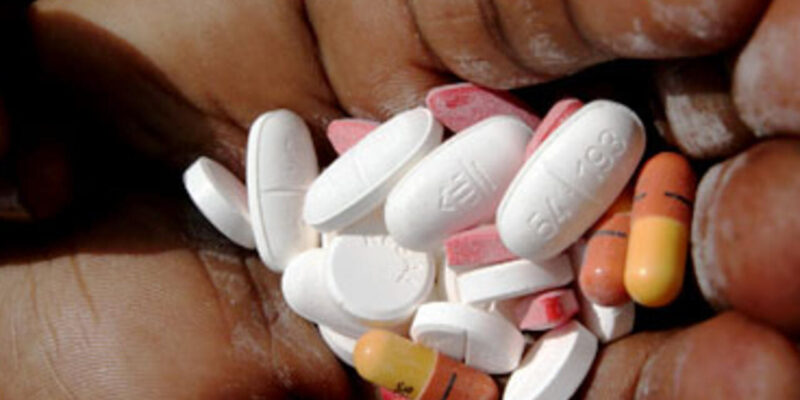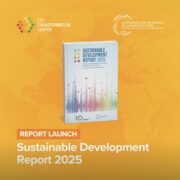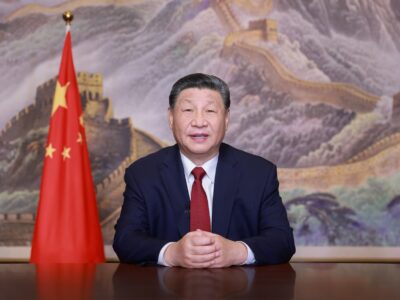Health Crisis in Epworth North: MP Mhetu Appeals for USAID Reinstatement Amid Global Aid Freeze
By Abel Mavura
A deepening healthcare crisis is unfolding in Epworth North, Zimbabwe, following the abrupt freeze of aid programs by the United States government. The impact of this decision, which has seen the withdrawal of critical donor-funded health personnel, threatens the wellbeing of thousands who rely on these services.
Honorable Mhetu, the Member of Parliament for Epworth North, recently toured local health centers, including Epworth Poly Clinic and Overspill Clinic, to assess the effects of the aid suspension. His findings paint a dire picture while there is currently enough medication for the 22,000 residents on Anti-Retroviral Therapy (ART), the withdrawal of USAID-funded health workers has left clinics overwhelmed and struggling to cope.
Healthcare System Strained by Staff Shortages
The aid freeze has resulted in the withdrawal of key personnel from Epworth’s health facilities. At Epworth Poly Clinic, six nurses and five primary counselors sponsored by Zimtech and the U.S. President’s Emergency Plan for AIDS Relief (PEPFAR) have been removed. Overspill Clinic has lost five nurses and four primary counselors, while Epworth Mission Clinic has seen one nurse and two primary counselors leave.
The remaining healthcare staff are now overburdened, and according to the District Medical Officer, the situation is unsustainable. There is an urgent need for the Zimbabwean government to step in by deploying locum staff to fill the void left by donor-supported healthcare workers.
Honorable Mhetu has vowed to engage government ministries and departments to address these staffing shortages while also reaching out to donor agencies and well-wishers to maintain adequate medication supplies in Epworth North’s health centers.
USAID Cuts: A Global Humanitarian Crisis
The healthcare challenges in Epworth North are not isolated. The recent developments in Zimbabwe align with a broader crisis sparked by U.S. foreign aid cuts. The United States Agency for International Development (USAID) recently announced that thousands of employees would be placed on leave as the agency undergoes a dramatic restructuring under the Trump administration.
While USAID has stated that “mission-critical functions” will continue, it remains unclear whether essential health programs, such as PEPFAR, will be maintained. The Trump administration has long criticized USAID for its spending, labeling certain projects as wasteful. However, the move to drastically cut aid has triggered widespread humanitarian concerns, with millions of lives at stake globally.
USAID is a cornerstone of international health interventions, providing crucial funding for HIV/AIDS treatment, pandemic prevention, and emergency response programs. In 2023 alone, the U.S. government spent $68 billion on international aid, with USAID accounting for over half of that budget. The agency’s funding has been instrumental in fighting diseases such as polio and tuberculosis while also supporting famine prevention and refugee assistance.
A Call for Policy Review and Responsible Transition
Honorable Mhetu has made an urgent appeal to the United States government to reconsider its decision and reinstate foreign aid programs that are vital to vulnerable communities. He argues that while policy shifts are inevitable, abrupt aid freezes without prior notice violate the principle of legitimate expectation—the understanding that programs affecting public health should not be halted without due transition measures.
“The government of Zimbabwe passed its budget in December 2024. Funds to cover this gap may require a supplementary budget, which may not be possible given the current economic strain,” Mhetu stated. “A minimum of 24 months’ notice would have allowed governments and organizations to plan accordingly and mitigate the impact.”
The ripple effects of USAID’s restructuring are being felt worldwide, with humanitarian programs in Asia, Africa, and Europe at risk. The fate of thousands of employees and countless beneficiaries remains uncertain. As the global community watches closely, the situation in Epworth North serves as a stark reminder of how international aid decisions made in Washington, D.C., have direct consequences on the ground.
For now, the people of Epworth North must rely on local efforts and alternative funding sources to bridge the gap left by USAID’s withdrawal. Whether the U.S. government will reconsider its stance remains to be seen, but one thing is clear—the health of thousands hangs in the balance.
“Your health is my concern,” Honorable Mhetu reassured his constituents, as he continues to push for solutions in the wake of this crisis.













